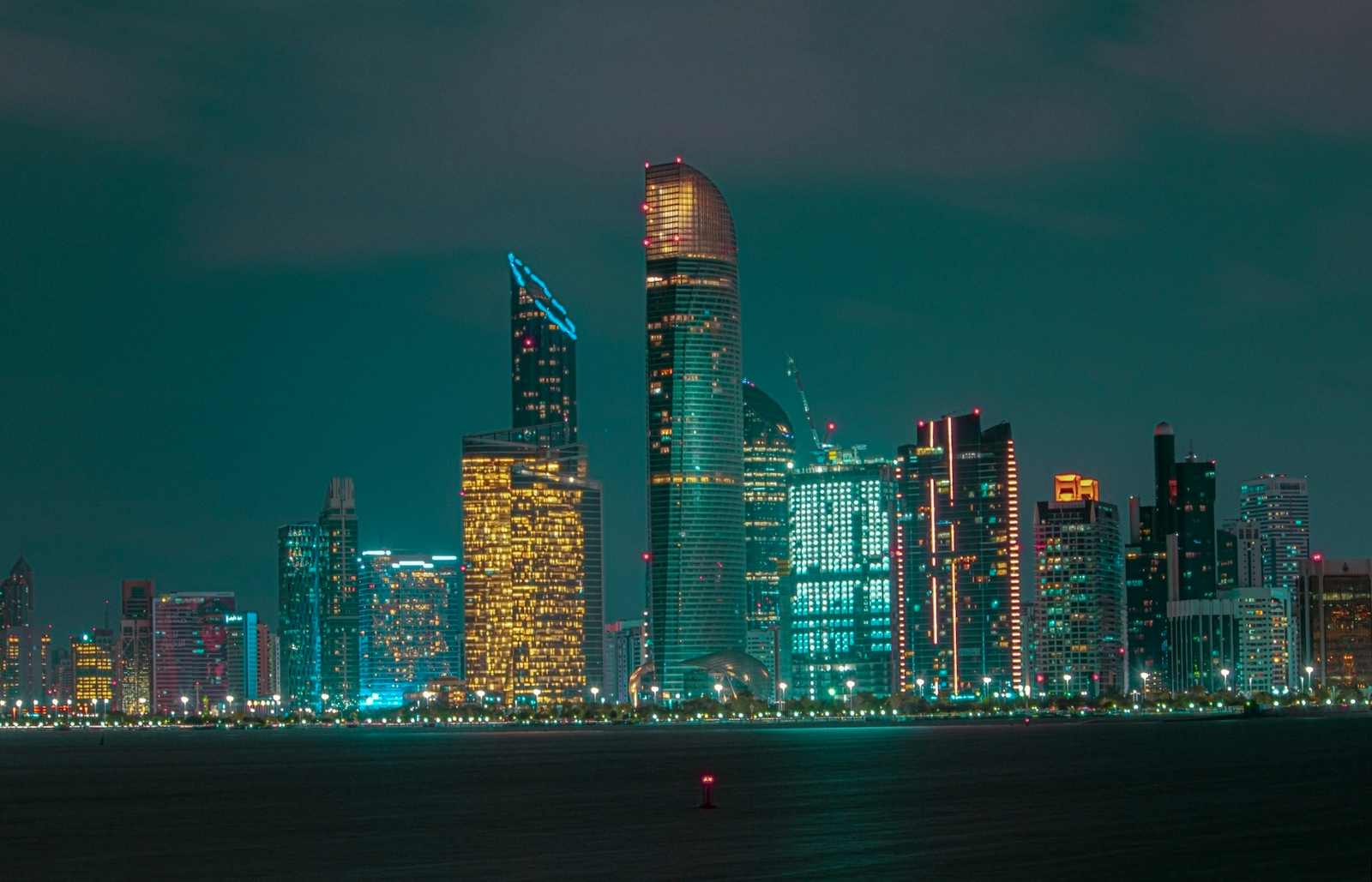Abu Dhabi Real Estate 2025: Trends and Investment Opportunities

The UAE’s real estate sector has grown remarkably in 2024, with total transactions reaching AED 893 billion. According to industry reports, Abu Dhabi real estate accounted for approximately AED 79.3 billion of this transaction volume, and this upward momentum is expected to continue in 2025, with continued increases in property values and transaction volumes. No doubt, the city’s strategic location and stable economy make it a top choice for real estate investment in the UAE.
However, what is driving this growth and how good are the potential returns when investing in Abu Dhabi real estate? Are there any major infrastructure or development projects coming up? Let’s take a break and look at the answers to these questions.
Drivers of Growth in Abu Dhabi Real Estate
There are several factors that continue to contribute to the growing appeal of Abu Dhabi real estate. Long overshadowed by Dubai, its glitzy neighbour, Abu Dhabi has recently started to make its mark in the region, especially in the field of real estate.
A few of the factors that contribute to the rise of Abu Dhabi real estate are:
Government Initiatives
Government policies that promote foreign ownership, investor-friendly reforms, and an active post-pandemic recovery strategy support real estate development.
Building on Abu Dhabi’s strategic location, the government has launched policies encouraging foreign investment, such as offering residency visas for property owners in certain developments. International transactions are expected to grow by 20-25% in 2025, particularly from investors from countries like China, India, and Europe.
The city’s stability, strong rental yields, and potential for long-term capital growth have driven up demand for Abu Dhabi real estate, especially in high-end residential and commercial sectors.
Development of Infrastructure and Connectivity
Several mega urban infrastructure projects in Abu Dhabi have enhanced connectivity across the emirate, giving a boost to tourism and the property market. New roads, metro developments, and additional transport links to Dubai have increased the appeal of investing in Abu Dhabi real estate.
Sustainable Development
There is a growing focus on sustainability in the Abu Dhabi real estate sector, and more developers are adopting eco-friendly practices and aiming for green building certifications. Notable sustainable communities like Masdar City are attracting environmentally conscious buyers.
PropTech Integration
Abu Dhabi real estate is heavily investing in the integration of technology and digital solutions which will simplify property transactions and management. By 2025, technology investments in the UAE real estate sector are expected to reach approximately $1.2 billion, including smart property management tools and AI-driven platforms.
Market Projections for 2025
Property values in Abu Dhabi real estate are expected to increase by 4% to 6% annually through 2025. This growth is forecast based on several factors, including urban development initiatives and improved living standards.
Residential Market
Moreover, the supply of new residential units is projected to rise by 15% to 20% due to ongoing construction projects and new development launches.
Abu Dhabi offers attractive rental yields ranging from 6% to 8%, appealing to investors seeking stable income from rental properties. High-demand areas like Al Maryah Island, Al Reem Island, etc., are particularly noted for high rental performance, due to their exceptional amenities and quality of life.
Areas like Yas Island, Al Raha Beach and Saadiyat Island are the top choices for high-net-worth individuals who demand luxury properties and top-notch community amenities.
Commercial Real Estate
Demand for premium office spaces has surged in Abu Dhabi real estate, especially in the central business district (CBD) and adjacent areas. The increase in hybrid working models has seen a rise in co-working spaces and flexible office layouts, promising favourable returns on commercial properties.
The retail sector anticipates a projected increase of 2.7% in retail sales volume by 2026, bolstered by a growing non-oil economy.
Upcoming Mega-Projects
Abu Dhabi real estate will get a further boost when several of these mega-projects open to tourists and investors.
- Snow Abu Dhabi (Reem Island) – The world’s largest snow park featuring an enchanted forest theme.
- Al Qana (Rabdan) – A premier waterfront destination with dining, entertainment options, and the largest aquarium in the region.
- Yas Bay (Yas Island) – A $12 billion development including residential spaces, luxury hotels, parks, and commercial areas.
- Reem Mall (Reem Island) – The world’s first omnichannel mall blending digital shopping with traditional retail.
- Guggenheim Abu Dhabi (Saadiyat Island) – A cultural landmark designed by Frank Gehry showcasing modern art.
- Zayed National Museum (Saadiyat Island) – A museum honoring Sheikh Zayed’s legacy with sustainable design elements.
- Natural History Museum Abu Dhabi (Saadiyat Island) – An immersive experience focusing on Earth’s natural history.
These projects are a strong indicator of Abu Dhabi’s ambition to showcase its cultural landscape and lifestyle and attract global investment. These developments will impact property values and tourism in the region, solidifying Abu Dhabi real estate as a leading contributor to the region’s economy.
Concluding
Abu Dhabi’s real estate market is attracting investors worldwide due to its high-end construction projects, rising rents, diverse property options, and the rise of freehold zones
With robust growth driven by increased housing demand, foreign investment influxes, infrastructure enhancements, and a commitment to sustainability, investors and homebuyers can expect a vibrant market landscape. As property values rise and rental yields remain competitive, now is an ideal time to explore the opportunities in the Abu Dhabi real estate sector.